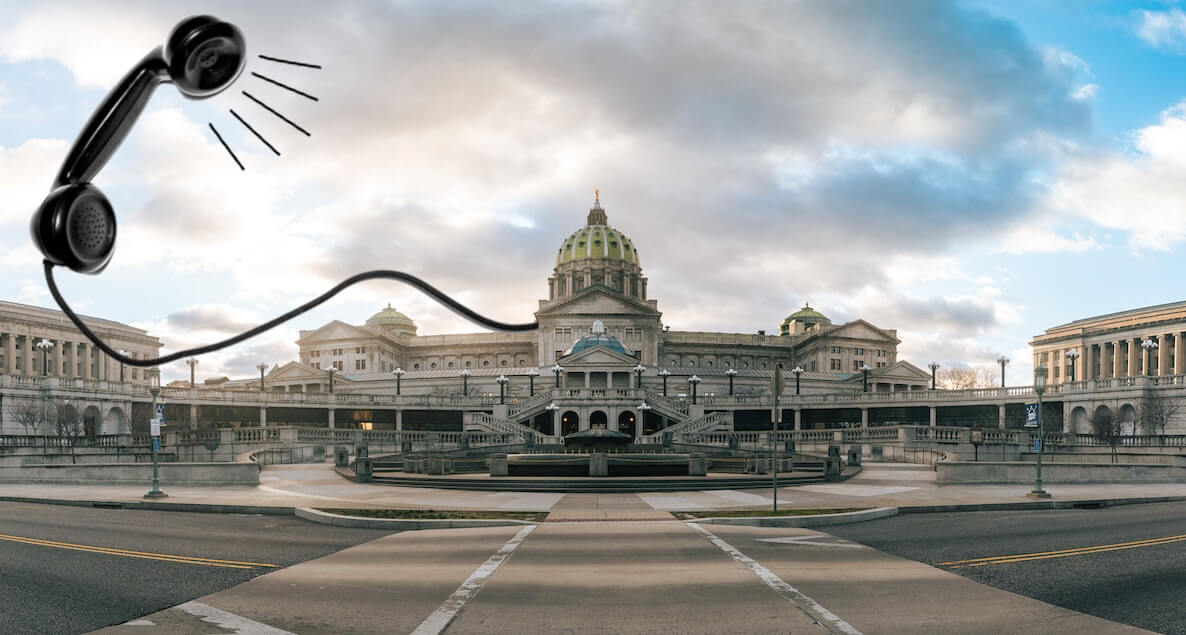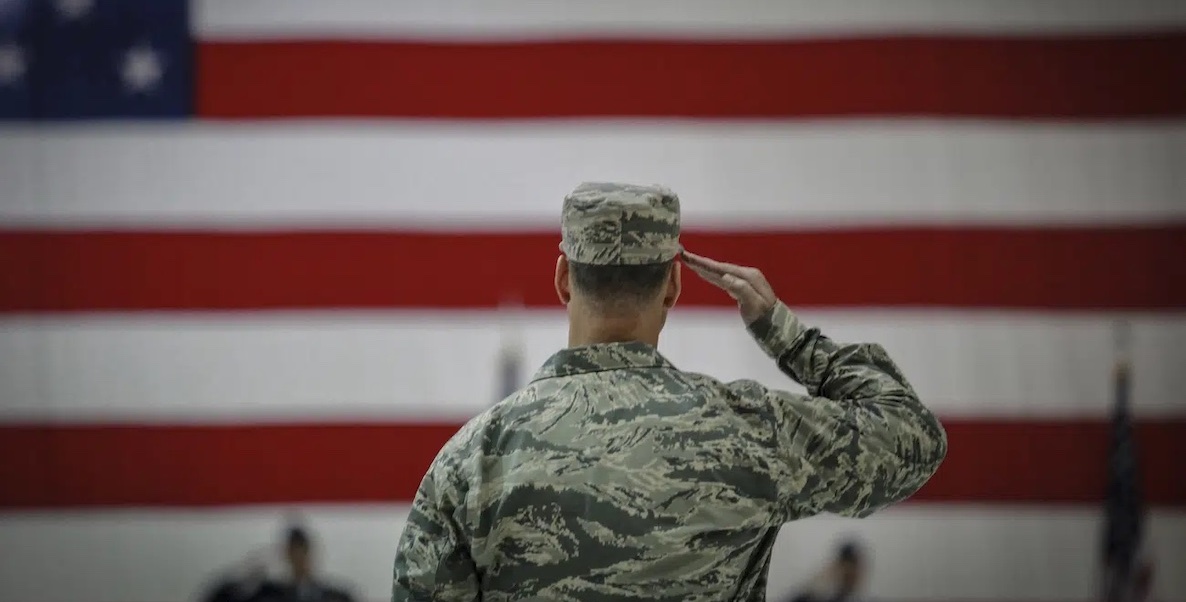Millions of Pennsylvania voters will headed to the polls yesterday for the primary election. But another 1.1 million voters will stay at home — not because they want to, but because they have to.
That’s because Pennsylvania is one of nine states that completely excludes independent voters from voting in primaries. Nearly 1.1 million voters — or more than one out of every seven voters in the Commonwealth — have registered as unaffiliated with a political party or independent.
Even in an off-election year, important decisions are made. This year is no different.
Statewide, voters will have to decide among a group of Republican and Democratic candidates who are the most qualified to serve as a judge on the benches of the highest courts — the Supreme, Superior and Commonwealth courts. In Philly, they will pick the next mayor and members of City Council.
Yet, as important as these decisions are, millions of voters still have no say.
As taxpayers, these independent voters help pay the roughly $75 million it costs to run a primary election, and yet they are denied the right to cast a vote. This is blatant taxation without representation
Primary elections in Pennsylvania are incredibly important. Because of the way the state’s legislative districts are drawn and voters are distributed politically, they are often the only elections that count in legislative and local races.
In 2022, for instance, the primary effectively decided 90 percent of state House and Senate elections, meaning 10 percent or more decided either only one candidate in the general election or the general election.
In Philly, there are 126,000 independent voters, and about 110,000 Republicans. In a city with a million registered voters now 8:1 Democrat, basically all races are decided in the primary. We’re shutting out an awful lot of voters.
Independent voters aren’t looking for favors, just fairness.
As taxpayers, these independent voters help pay the roughly $75 million it costs to run a primary election, and yet they are denied the right to cast a vote. This is blatant taxation without representation — and it’s affecting a broad swath of our population.
Between 2012 and 2022, independent voters were the fastest-growing voter segment in the state. They grew 5 percent faster than Republican registrations and 23 percent faster than Democratic registrations.
Gallup reports that a near-record percentage (49 percent) of Americans now consider themselves political independents, dwarfing the 25 percent each who describe themselves as Democrats or Republicans.
It’s difficult to tell exactly why independent registration is increasing in Pennsylvania and nationwide. But the polarizing nature of politics certainly plays a role.
It stands to reason that more conservative Democrats and more liberal Republicans may feel more comfortable registering as independents when faced with the increasingly progressive policies of the left and populist conservative policies of the right.
Registering as an independent may then act as a stepping stone between parties for moderate voters. Or, it could become a permanent home outside of either party, even with the knowledge that such a choice shuts them out of voting in the springtime in Pennsylvania until closed primaries are abolished.
Nothing is more fundamental to our democratic republic than the right to vote. Over the years, people have marched, protested, petitioned their representatives, and even laid down their lives to make sure that voting is free, fair, and secure — for all citizens.
Indeed, polling data shows that 74 percent of Pennsylvanians, from across the political spectrum, support removing this barrier to access to the ballot box.
According to a November 2021 Osage Research Survey, support ranges from 69 percent of self-identified Trump Republicans and 67 percent of traditional GOP voters to 85 percent of progressive Democrats and 75 percent of centrists Democrats.
This includes veterans (one of every two), who swear an oath to protect our Constitution and our democratic republic, and young voters (57 percent), who will inherit that democratic republic in all its dysfunctional glory.
Right now, half of all veterans identify as a political independent. Given that there are about 800,000 veterans in the commonwealth, some 400,000 Pennsylvania veterans who might register as independents could be denied the right to vote in primary elections.
When members of our armed services take the oath to defend our country, it’s not to serve the red team or blue team. They serve the red, white, and blue team.
How can we ask them to put their lives on the line for our country but deny them their right to vote when they come home?
Change may be on the way
The push to ensure a fairer and more responsive primary system is gaining momentum.
Sens. Dan Laughlin (R-Erie) and Lisa Boscola (D-Lehigh & Northampton) have introduced bipartisan legislation (S.B. 400) to repeal closed primary elections in Pennsylvania. A similar proposal passed the state Senate, 42-8, with strong bipartisan support in 2019.
Legislators have introduced other measures, too, including a bill (H.B. 976) by Rep. Marla Brown (R-Lawrence) and legislation (H.B. 979) by Reps. Jared Solomon (D-Philadelphia) and Chris Rabb (D-Philadelphia).
The people who currently show up are the party hardliners, leading to extremism on both sides of the aisle.
Our primary process, where only registered Democrats and Republicans can vote for candidates in their party, no longer works. Why? Because the people who currently show up are the party hardliners, leading to extremism on both sides of the aisle.
Nothing is more fundamental to our democratic republic than the right to vote. Over the years, people have marched, protested, petitioned their representatives, and even laid down their lives to make sure that voting is free, fair, and secure — for all citizens.
Closed primaries have been used in the Commonwealth for generations. But over time, our politics have changed; our communities have changed; our voters have changed. So should our elections.
David Thornburgh is chairman of Ballot PA, a growing coalition of civic, community and business organizations committed to ensuring independents in Pennsylvania have the right to vote in primary elections. Ballot PA is a project of the Committee of Seventy.
The Citizen welcomes guest commentary from community members who represent that it is their own work and their own opinion based on true facts that they know firsthand.
![]()
MORE ON TODAY’S PRIMARY ELECTION IN PHILADELPHIA
U.S. Air Force Lt. Col. Jason Miller, 108th Operations Support Squadron commander, salutes during an assumption of command ceremony. U.S. Air National Guard photo by Master Sgt. Matt Hecht)



